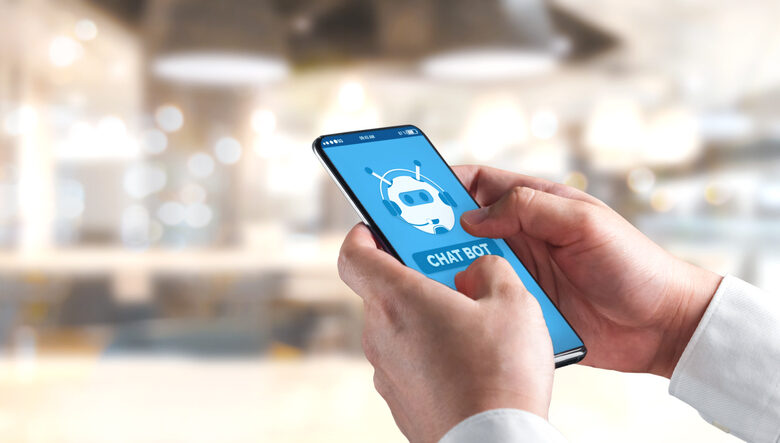ChatGPT: The Future of Chatbots in Digital Communication

How ChatGPT works
ChatGPT, developed by OpenAI, is an advanced language model that uses deep learning techniques to generate human-like responses in conversations. It is based on the GPT-3 model and has been fine-tuned specifically for chat-based interactions. By leveraging its vast amount of pre-trained data, ChatGPT https://reply.io/chatgpt-for-sales-development/ is able to understand and respond to a wide range of queries, making it a powerful tool for digital communication.
The underlying architecture of ChatGPT is built upon a transformer neural network, which allows the model to process and generate text in a highly efficient manner. This enables ChatGPT to generate coherent and contextually relevant responses based on the input it receives. The model is trained using a combination of supervised learning and reinforcement learning, which helps refine its responses over time.
ChatGPT is designed to be user-friendly and accessible. It can be integrated into existing platforms and applications through an API, allowing developers to easily incorporate its chatbot capabilities into their products. The model can be fine-tuned to suit specific use cases, ensuring that the responses generated by ChatGPT align with the desired outcomes.
It can be interesting for you – https://reply.io/sales-automation-tools/.
Advantages of ChatGPT in digital communication
ChatGPT offers several advantages that make it a promising solution for digital communication. Firstly, its ability to generate human-like responses enhances the user experience by providing more engaging and interactive conversations. This can lead to increased customer satisfaction and improved retention rates.
Secondly, ChatGPT’s versatility allows it to be used across various industries and domains. It can handle a wide range of queries, making it suitable for customer support, virtual assistants, e-commerce, and more. Its adaptability makes it a valuable tool for businesses looking to automate their communication processes and provide efficient and effective solutions to their customers.
Furthermore, ChatGPT’s speed and scalability make it a practical choice for organizations with high volumes of customer interactions. It can handle multiple conversations simultaneously, ensuring prompt and timely responses. This can significantly reduce response times and improve overall customer service efficiency.
Use cases of ChatGPT in different industries
ChatGPT has numerous applications across different industries. In the customer support industry, it can be utilized to provide instant responses to commonly asked questions, resolving customer issues quickly and efficiently. This can help reduce the workload on support teams and free up their time to focus on more complex queries.
In the e-commerce sector, ChatGPT can be integrated into websites or messaging platforms to assist customers with product recommendations, order tracking, and general inquiries. It can simulate natural conversations, providing a personalized and interactive shopping experience for users.
In the healthcare industry, ChatGPT can be used as a virtual medical assistant to provide information about symptoms, suggest home remedies, or offer general medical advice. This can be particularly useful in remote areas where access to healthcare professionals may be limited.
In the education sector, ChatGPT can serve as a tutoring tool, answering students’ questions and providing explanations for complex concepts. It can also be used as a language learning assistant, engaging in conversations to practice and improve language skills.
It can be interesting for you – https://reply.io/b2b-data-finder/.





